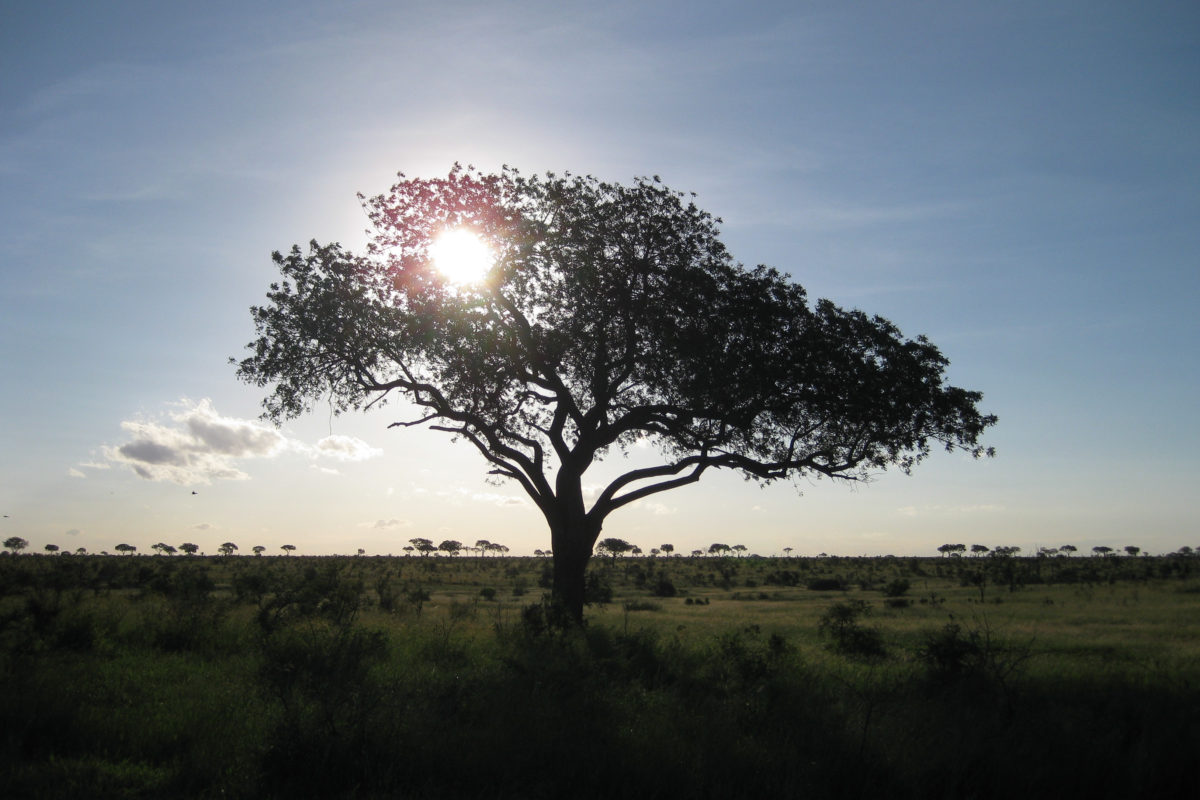The African Development Bank Group has approved equity investment of up to $25 million for the ARCH Africa Renewable Power Fund (ARPF). The private equity fund claims an investment volume of $250 million for renewable energy projects in sub-Saharan Africa.
According to the development bank, the fund will provide equity for the development of 10-15 renewable energy projects with a total capacity of around 533 MW. They are planned for areas with weak grid supply, to provide improved base load and peak load power.
Projects under consideration by the fund should use mature technologies, with the investment vehicle citing PV schemes – on or off-grid – and microgrids as examples.
The bank said it hopes its presence in the fund will attract non state-sponsored development bank investors to commit a further $60-75 million of equity.
Goal of universal electricity
Popular content
“Energy investments in Africa are constrained by limited well-structured, bankable projects, as well as by unavailability of risk capital,” said Amadou Hott, the bank’s VP for power, energy, climate change and green growth. “Renewable technologies require additional support to be fully competitive over fossil fuel-based energy generation. [The] ARPF will expand the pipeline of bankable energy projects in Africa and complement and deepen the work of the bank in this critical area. This is vital for economic growth, and to foster the transition to low carbon across the continent.”
The investment will support the bank’s ten-year strategy, which includes aiming for universal electricity supply in sub-Saharan Africa. The region features the lowest electrification rate worldwide – just 43% – with 590 million people lacking electricity. Last year, a study by global off-grid solar association Gogla found households and business in the region which received electricity increased economic activity by a significant margin, with many people entering work. Average monthly household GDP has risen by 50% as a result of electricity supply, the report stated.
With consumption considerably smaller than in highly industrialized regions, even small capacity additions can benefit large groups of people. This month, Ugandan off-grid solar installer SolarNow said its plan to install 2.5 MW in its home market would improve the lives of 70,000 people.
This content is protected by copyright and may not be reused. If you want to cooperate with us and would like to reuse some of our content, please contact: editors@pv-magazine.com.



1 comment
By submitting this form you agree to pv magazine using your data for the purposes of publishing your comment.
Your personal data will only be disclosed or otherwise transmitted to third parties for the purposes of spam filtering or if this is necessary for technical maintenance of the website. Any other transfer to third parties will not take place unless this is justified on the basis of applicable data protection regulations or if pv magazine is legally obliged to do so.
You may revoke this consent at any time with effect for the future, in which case your personal data will be deleted immediately. Otherwise, your data will be deleted if pv magazine has processed your request or the purpose of data storage is fulfilled.
Further information on data privacy can be found in our Data Protection Policy.